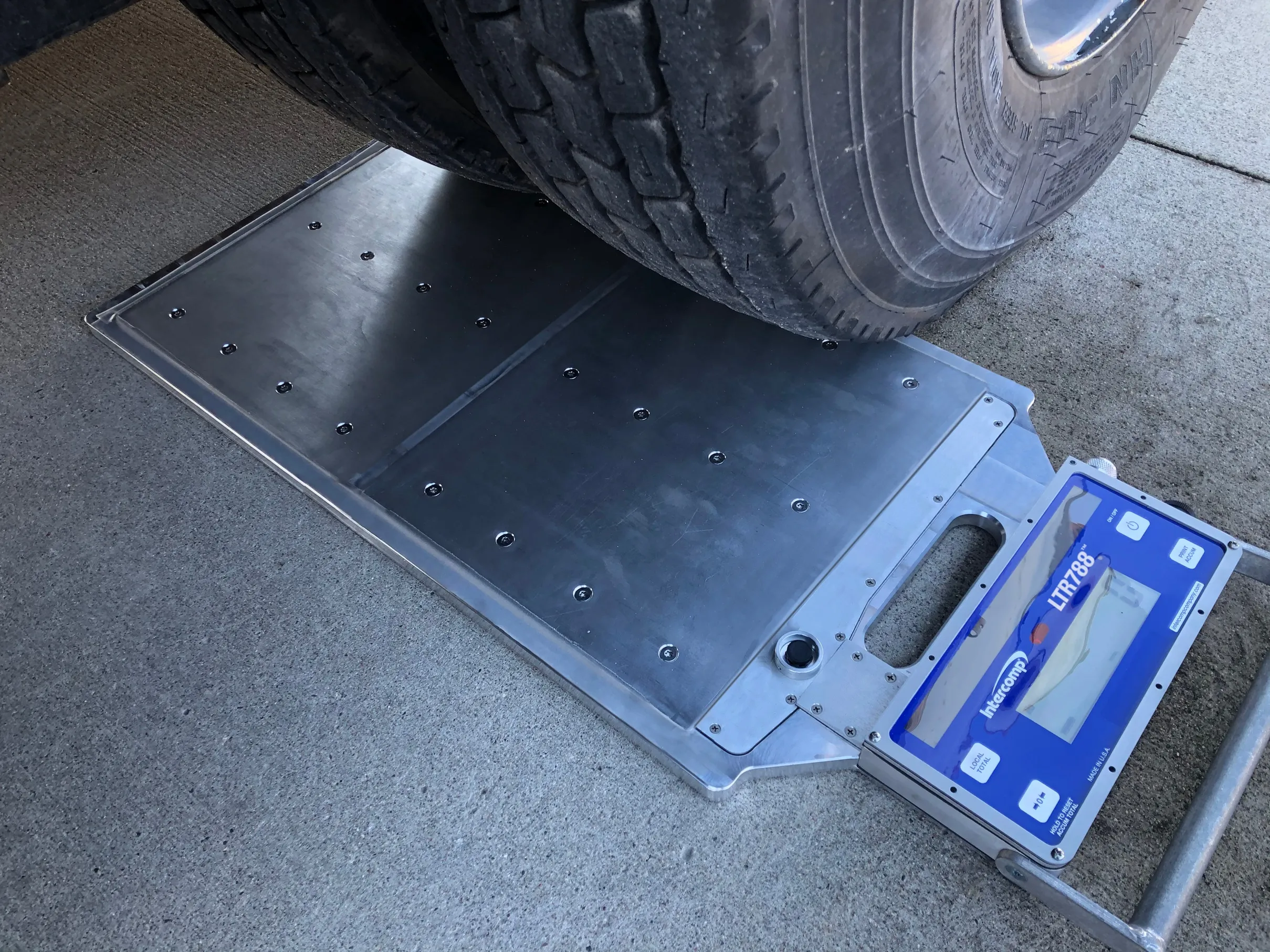Two new products from Pike Signals are the XLMicro, a full four way battery powered traffic signal set which runs for up to a week when fully charged, and XLPed, a temporary modular pedestrian control solution.
February 3, 2012
Read time: 1 min

Two new products from 565 Pike Signals are the XLMicro, a full four way battery powered traffic signal set which runs for up to a week when fully charged, and XLPed, a temporary modular pedestrian control solution. It is designed for use in fixed pedestrian crossing sites needing maintenance or repair, or where a crossing is needed within roadworks. Pike Signals says it is quick to configure and operate due to the simple controls, and will cause minimal disruption when being put into position. The system is radio linked and battery powered enabling up to 14 days continuous operation.










